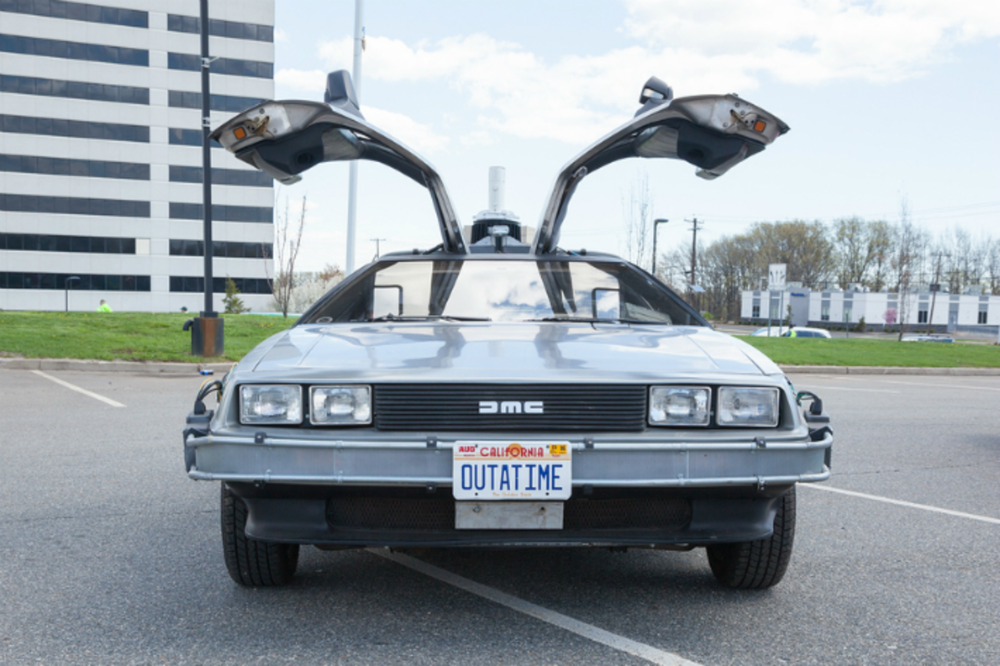Pop culture’s influence on consumers make the “latest,” “hottest,” and “trendiest” especially attractive to many B2C marketers. Certain elements of the mainstream tend to resonate more potently with some consumers, so marketers aiming to reach those buyers often make it their business to tie their brand to these spontaneous bouts of virality—as they should. Done well, this type of guerrilla marketing can do wonders for a brand and its image in consumers’ eyes. But, as effective as this tactic might be, marketers run the risk of doing too much; of coming off more corny than culturally savvy. Last week, consumer saw each end of this spectrum as marketers did their best to connect with all the buzz around Star Wars and Back to the Future.
Star Wars
In a year that’s been punctuated by Disney’s marketing of the franchise, Star Wars once again found itself as a focal point of digital discourse. During last week’s “Monday Night Football” game, Disney dropped the first full trailer for December’s Star Wars: The Force Awakens, in addition to opening presale tickets to the movie itself. Tickets sold out around the country in minutes, breaking records in the process, and in the week since its release the trailer has generated nearly 50 million views on YouTube.
Note the general tone of these tweets. The sample size is small, sure, but the general tone of chatter on Twitter and other social networks about Star Wars’ impending seventh cinematic chapter trend toward positive, if not outright feverish. Few tweets touch on the marketing practices of non-Disney businesses attaching themselves to the film.
Back to the Future
While Star Wars held the social Web’s attention during the early half of last week, Back to the Future all but eclipsed Disney’s franchise by the end of the week, at least in terms of virality. Everyone and everything from the White House to [insert your favorite] auto brand capitalized on the 1980s film’s namesake holiday last Wednesday with a slew of hashtags and other themed promotions. Nike even teased its self-lacing shoe, modeled after the famous sneakers that Back to the Future’s Michael J. Fox wore in the movie.
While the tone of conversation on social channels was certainly positive for the film, consumers seemed put off by the cross-marketing of other businesses not affiliated with Back to the Future, or the holiday.
Cross-marketing is an old trade, and will likely be a roll of the dice for many marketers. For their part, marketers should probably only attach to trends that reasonably align with their business, because if there’s one thing social media has demonstrated, it is consumers’ unpredictability when it comes to cultural passion points.








